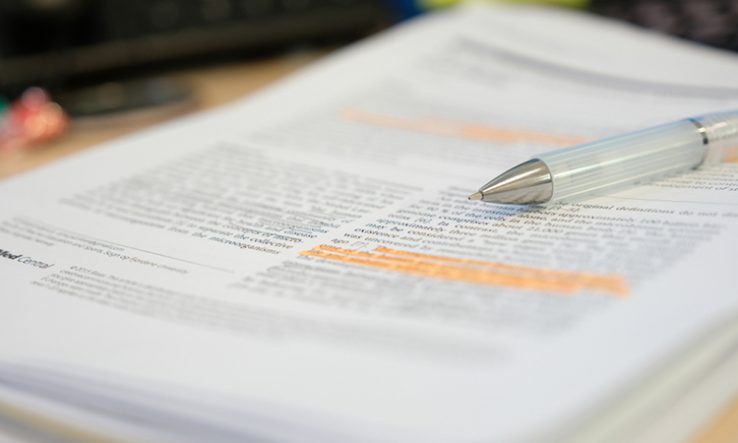
Some in sector warn of practical issues with Deutsche Forschungsgemeinschaft recommendation
Germany’s biggest research funder has recommended that its recipients not publish papers on new work together with authors at institutions in Russia because of the latter country’s invasion of Ukraine.
Universities in Germany have indicated they support the policy from the Deutsche Forschungsgemeinschaft (DFG), which will not be enforced, but some members of the research sector have questioned its ethics and practicality.
Cooperation between Russia and many European countries has been put on ice because of the invasion, but some research funders have left collaborations to decide how to approach coauthorship.
For example, the Czech Republic’s education ministry told Research Professional News it had “no central ministerial regulation” on the issue, while UK Research and Innovation said it will “review any issues as they arise on a case-by-case basis”.
But the DFG said it is recommending that, unless collaborative research or a publication was completed before the invasion, researchers receiving its funding or working at DFG-funded institutions should not appear as co-authors on papers with researchers affiliated to Russian institutions.
It said the recommendation and others it has made on restricting collaboration were “a regrettable but necessary response to the Russian war of aggression against Ukraine, which is also a violation of all fundamental scientific values”. They will be in place until “the termination of the war by the Russian leadership”, it said, although it is not monitoring implementation and “there is no punishment” for non-compliance.
Sectoral views
The German Rectors Conference indicated that it supports the recommendation and has “no knowledge of any conflict” between the DFG and a funded institution or researcher. It said the implementation, along with that of similar recommendations issued by the Alliance of Science Organisations, might result in restricted cooperation and that this was “regrettable” but “unavoidable against the background of the ongoing Russian war against Ukraine”.
But German learned societies say there are differing views on the matter. Georg Düchs, an assistant to the executive board of the German Physical Society, said the society does not have an official position on co-authorship but that “it is only natural” that people “arrive at different positions and moral judgements, even if they share the basic ethical premise”.
He said it “does not seem right to support and give a stage to institutes that are closely linked to a state that has just invaded its neighbour” but that according to “good scientific practice” it would also “not be ethical” for a contributor to a scientific work not to be mentioned as a co-author. “There are two competing ethical claims that have to be weighed against each other,” he said.
Allen Caldwell, a researcher at the Max Planck Institute for Physics and a spokesperson for the Awake experiment at the nuclear research organisation Cern in Switzerland, said Cern’s Large Hadron Collider experiments are still debating their authorship policy. Awake has not made changes because “it is not so easy to define when and to what extent contributions to publications took place”, he said. Contributions to building apparatus, for example, are contributions to all future experiments.
Wilhelm Krull, a former secretary general of a private funding agency in Germany who is founding director of the New Institute, thinks the recommendation will not immediately halt co-authorship with Russia-affiliated researchers. “I expect a number of researchers to still go on with co-publications, particularly as there is this window left open with past projects,” he said.